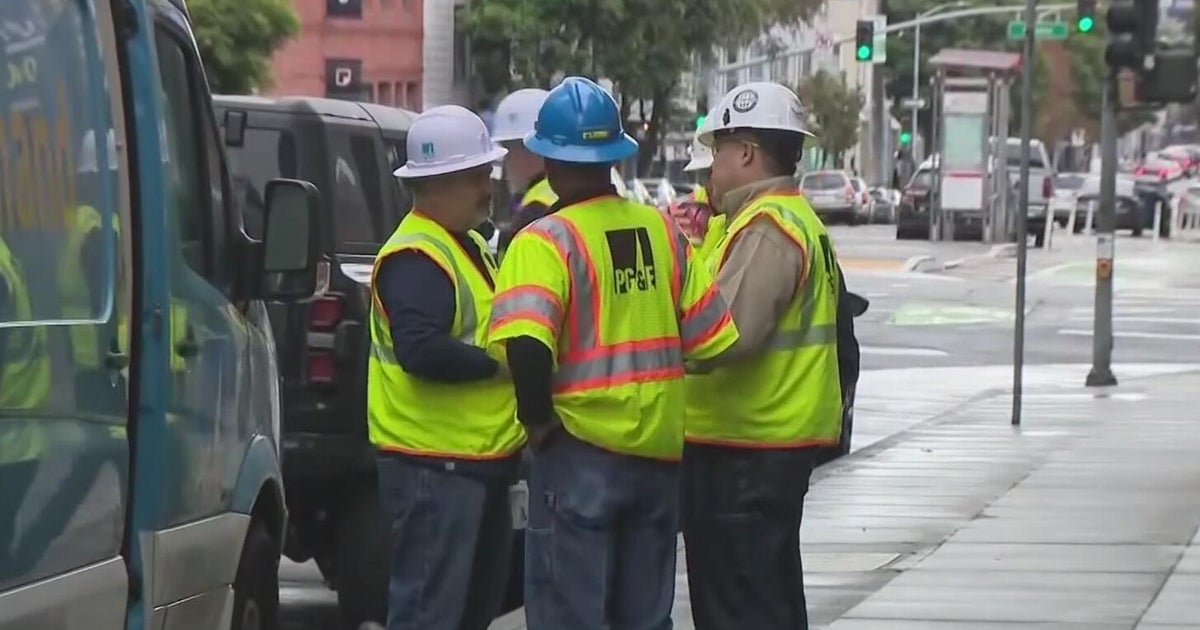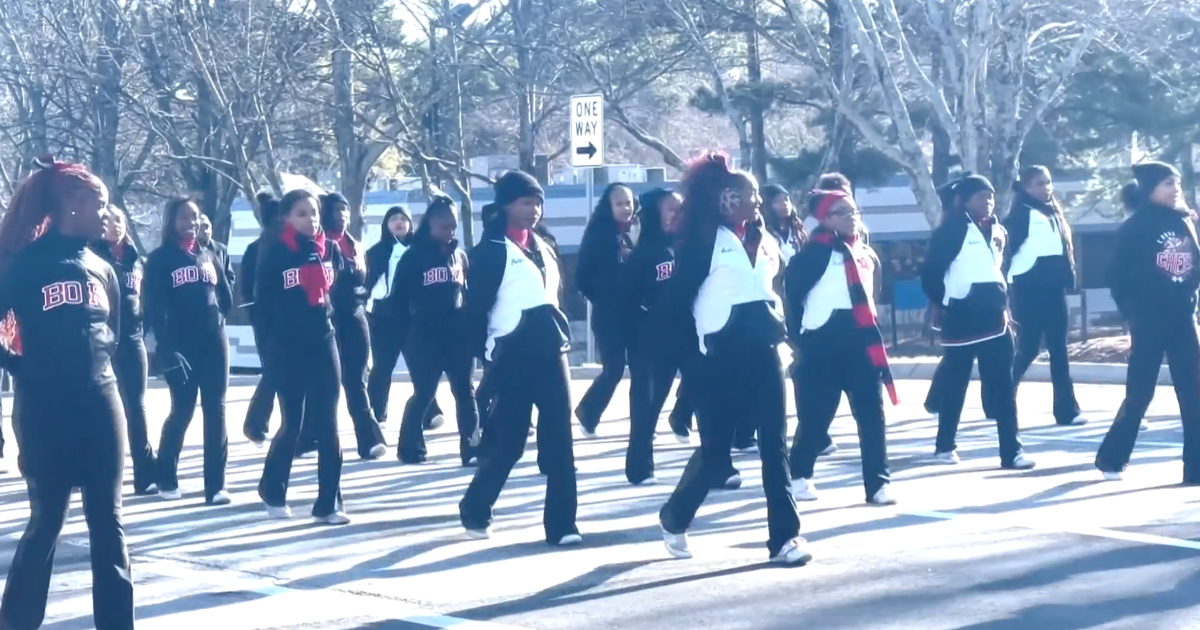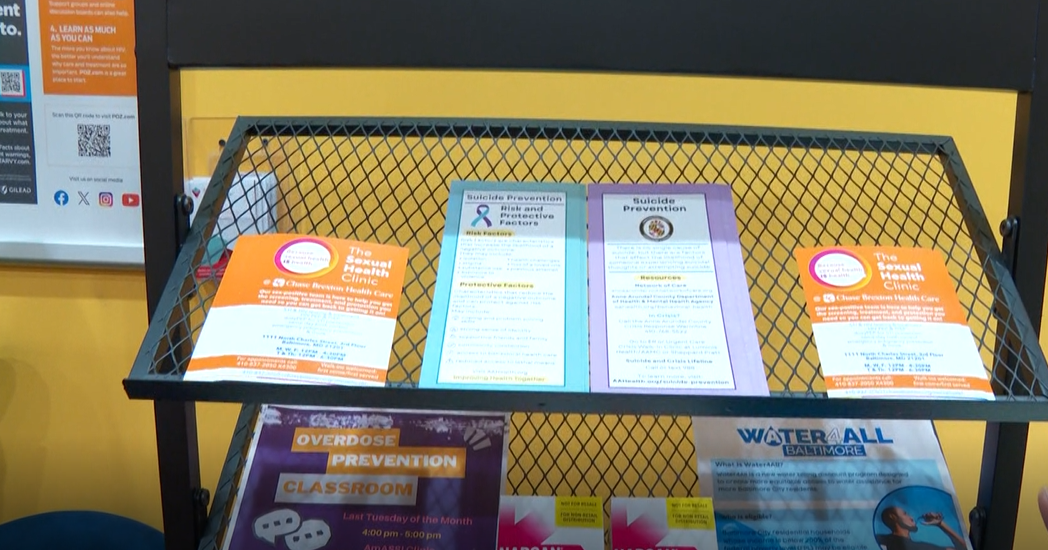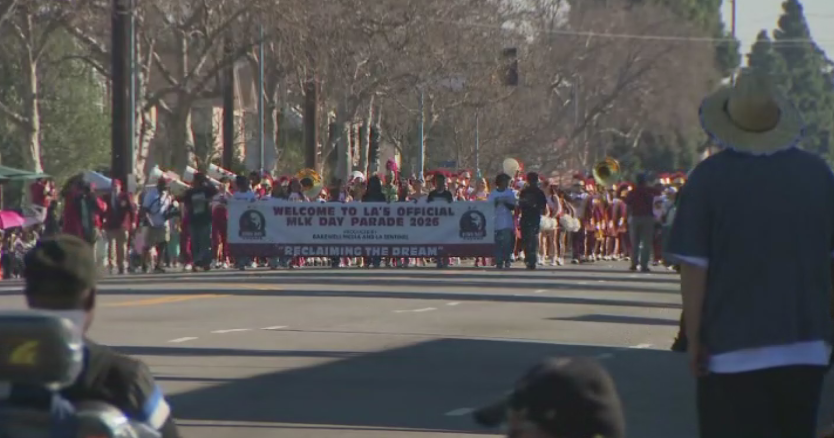SF Pride Parade grand marshal helps UCSF improve HIV treatments
SAN FRANCISCO -- Paul Aguilar is the Lifetime Achievement Grand Marshal for 2023 San Francisco Pride and he's been living with HIV since the late 1980s. Now, after decades spent supporting the LGBT community, he is participating in a UCSF study on monthly injections instead of daily pills to treat HIV.
"In August of 1981 my first friend died and they haven't stopped for 41 years," he told KPIX. "Which is why I do these studies and I'm part of these, that's to honor those who haven't made it this far."
Aguilar tested positive for HIV in 1988 and has watched treatments evolve over the years. He says medications for HIV are harder to take compared to other pills and daily medications are easy to forget.
That anxiety goes away with monthly injections. Aguilar also takes two additional injections every six months to maintain the treatment and keep his viral load down.
"It's a godsend, I mean it really is one less thing off my mind," Aguilar said. "This is a game-changer, I think, for a lot of people."
Now a new study will examine whether the treatment is a game changer for certain other patients.
Dr. Monica Gandhi is the medical director at Ward 86, UCSF's HIV/AIDS clinic where the study is being conducted. She knew that, even with medication down to one pill a day, the routine can be a challenge for many patients.
The injectable treatment, sold under the brand name Cabenuva, was approved by the FDA in 2021. Gandhi explained how it was first used for what she calls "near-perfect" patients who took medicine exactly as it was prescribed. UCSF wanted to study how well it worked with those who had challenges with their medication.
Gandhi says 10-20% of patients struggle with oral therapies.
"I actually think this is pretty huge. I really think it could change the trajectory of HIV," she said. "It really changes your life if you don't have to take a pill every day."
The study is ongoing but data from their work will be published in July. As someone who has spent her career looking at treatment for HIV, Gandhi remains hopeful they may get the injection frequency extended to several months.
"It feels like one more thing that Ward 86 does," she said about the study. "We're always trying, kind of, to innovate. We are known in the country as a little bit innovative -- kind of Wild West -- people have called us. But we do new things."
Another patient benefiting from this trial is Laura Bissell, an HIV patient who has been coming to UCSF for years. She has struggled with taking her medications. At one time, she was required to take seven pills daily.
"It's been rough," she said. "All the pills that I could not tolerate, I felt like I was going to die."
Bissell said she wouldn't take her medication and finally had to tell Gandhi she was missing doses. The study has been a relief for her and she is grateful to be included.
"It was like magic, it was really magic," Bissell said. "She just makes me feel like a rock star and I love that about her."
Aguilar is always thinking about others in the community. He hopes this study will help researchers better understand and treat those aging with HIV. He noted that medication is even more of a challenge for those without housing or in settings where they are uncomfortable sharing their status and taking their medication around others.
Aguilar remains hopeful this treatment, along with other advancements, will help get HIV infections down to zero.
"Forty years ago, when AIDS first hit, Ward 86, Ward 5B, San Francisco, changed the way the medical community treats patients, it was worldwide, it was universal," he said. "There's a lot of unmet needs out there but we're still working on it."







